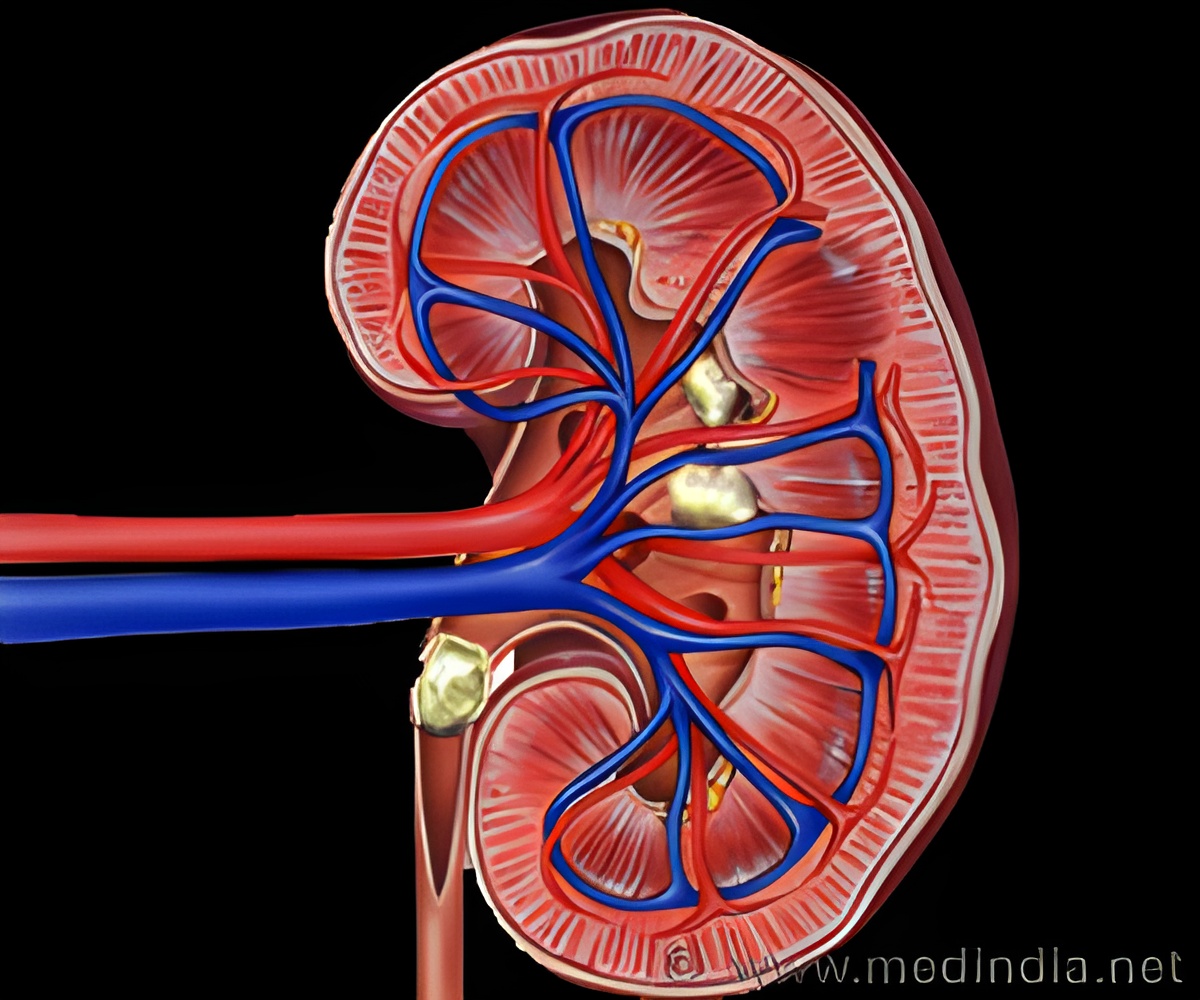Researchers examined whether urate-lowering therapeutic drug Allopurinol affects the course of chronic kidney disease.

TOP INSIGHT
Allopurinol did not affect rate of decline in renal function or degree of proteinuria, as per conclusion of two studies.
Read More..
Patients received either allopurinol (titrated to 200 to 400 mg daily) or placebo; allopurinol reduced mean uric acid levels from 6.1 mg/dL to 3.9 mg/dL. During 3 years of follow-up, renal function declined to the same extent in both groups, and allopurinol had no effect on proteinuria.
Another trial involved 369 patients (mean age, 62) with stage 3 or 4 CKD and either proteinuria or reduction in eGFR of ≥3 mL/minute during the previous year; about half the patients had diabetic nephropathy.
Patients received allopurinol (300 mg daily in most cases) or placebo for 2 years; allopurinol reduced mean uric acid levels from 8.2 mg/dL to 5.3mg/dL. As in the first study, allopurinol did not affect rate of decline in renal function or degree of proteinuria.
 MEDINDIA
MEDINDIA

 Email
Email










